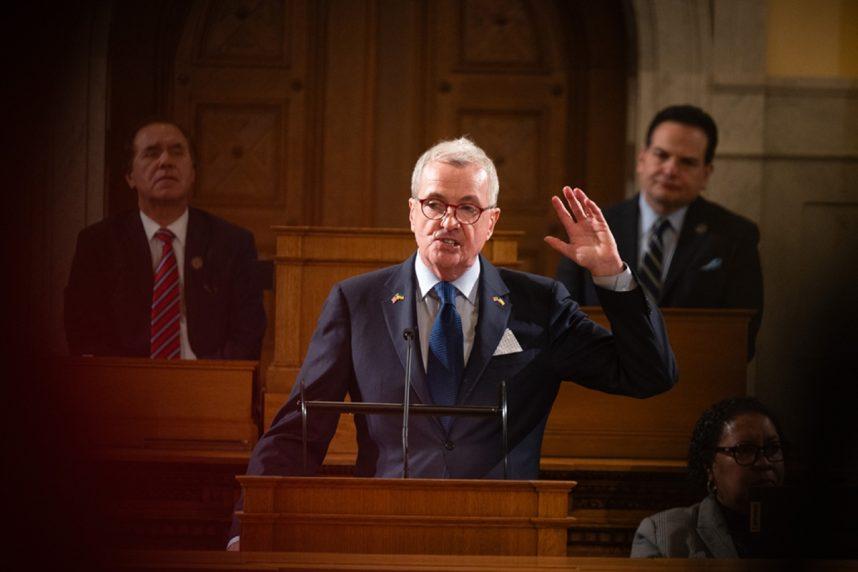Published on: January 14, 2025, 12:49h.
Last updated on: January 13, 2025, 02:50h.
Casino workers in Atlantic City who are in favor of a smoke-free environment are hopeful that New Jersey Governor Phil Murphy will address the issue in his 2025 State of the State Address on Tuesday. They are seeking to end the allowance of indoor smoking at the nine gaming properties in Atlantic City.

The Smoke-Free Air Act in New Jersey, signed into law in January 2006, currently exempts state-licensed casinos and parimutuel wagering facilities.
Under the statute, casinos with a certain number of slot machines and table games are allowed to designate indoor smoking areas for cigarettes and cigars.
CEASE — Casino Employees Against Smoking Effects — has been advocating for the closure of the casino smoking loophole in Trenton. While Governor Murphy has shown support for a smoke-free environment in casinos, no significant action has been taken by the Democratic-controlled Legislature.
State of the State Address
Governor Murphy will deliver his seventh State of the State Address today at 3 pm. CEASE is hopeful that Murphy will address the issue of casino smoking in Atlantic City, as this is his second to last address before his term ends.
CEASE co-founder Lamont White, who is also a table games dealer at Borgata, expressed the importance of Governor Murphy taking action to close the casino smoking loophole to truly support working people.
Several bills have been introduced to end casino smoking, but they have stalled in the legislative committees. Despite claims from Democratic leaders that a smoking ban would harm the industry and jobs, CEASE argues that smoke-free policies can actually benefit business based on independent studies.
CEASE was formed after the temporary ban on casino smoking during the COVID-19 pandemic expired in 2021. The group urges Governor Murphy to push for legislative action to end casino smoking.
“The time is now for bold leadership from Governor Murphy on this critical issue. Failure to act will be seen as allowing workers to be exposed to harmful secondhand smoke,” White emphasized.


